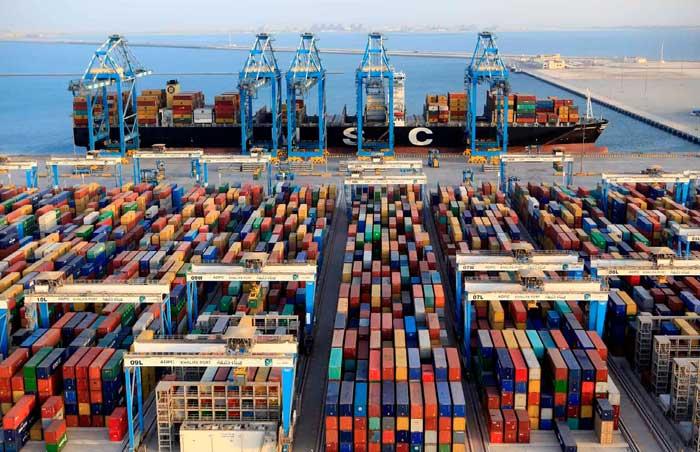Ratings agency ICRA warned that earnings of solar developers will be hit by a sharp rise in prices of solar imports. Prices of imported photovoltaic (PV) solar modules have risen to 22-23 cents per watt, which is a 15 to 20% rise over the past few months. The prices have shot up because of the increase in price of polysilicon.
Most affected would be developers who won the bids over the past six to nine months at tariffs ranging largely between ₹2.00 per unit and ₹2.25 per unit, and scheduled to be commissioned over the next 12-15-month period, ICRA said. The PV module component comprises about 50-55% of the project cost. To offset this, tariffs would need to be raised by 55-60 paise per unit, if basic Customs duty is also included, experts said.
Centre proposes to set up central pool of power at market prices for states
For “cheap power supply to states and consumers” the Centre proposed to set up a central pool, which will allocate power based on market prices. The new market-based economic dispatch mechanism (MBED) is expected to cut down the cost of power for distribution companies (DISCOMs), who source power from within the state.
The Centre sees the MBED as a step towards ‘One Nation, One Grid, One Price”. India generates 1,393 billion units at an average power price of ₹2.36 ($0.032)/kWh. The savings from the proposed mechanism are expected to be 3.74%, i.e ₹122.95 billion ($1.69 billion), Mercom reported.
The mechanism is also expected to enhance renewable energy integration and reduce renewable energy curtailment. The government proposed to introduce MBED in phases, with Phase 1 involving the thermal fleet of NTPC to test the efficacy of the MBED mechanism from April 1, 2022.
Production linked incentive scheme will kill smaller domestic solar manufacturers?
India’s recently launched performance-linked incentive (PLI) programme, to support gigawatt-scale manufacturing of high-efficiency solar modules, is meant for bigger players, and won’t allow smaller manufacturers to mushroom, according to the domestic manufacturing sector.
The Niti Aayog is looking for the latest technology, economies of scale, and a solid supply chain. It does not want to incentivise sub-optimum technologies, domestic manufacturers told Mercom.
The PLI scheme requires manufacturers to pay a security deposit. Why pay a security deposit when a company is investing in production, manufacturers asked. They pointed out that very few companies will be eligible to apply for the programme. With obligatory vertical integration and the capacity cap, only those having large manufacturing capacities will survive. If the government wants to create a manufacturing ecosystem, it should allow standalone factories of modules, cells, and other raw materials to thrive, Mercom reported.
Govt’s new financial instruments will benefit renewable energy developers, DISCOMS: IEEFA
According to the Institute for Energy Economics and Financial Analysis (IEEFA), India’s launch of a short-term power market will make it easier for renewable project developers to enter into offtake arrangements with DISCOMS. The new financial instruments will enable developers to hedge their offtaker risk without requiring the signing of long-term contracts with discoms for the financial closure of projects, IEEFA said.
Nearly 90% of transactions between power producers and DISCOMS are run on long-term contracts. Currently, around 16GW of auctioned capacity is yet to be signed by DISCOMS as they are struggling with huge financial losses and have become reluctant to enter into long-term PPAs.
About The Author
You may also like
World, led by China, added 50% more RE capacity in 2023 than in 2022: IEA report
Renewables, not coal, the energy of choice for investors in India for second year in a row: Report
Hope to raise $50 million for solar in next few months; focus on Africa: ISA chief
About 6 lakh new technicians needed globally for wind energy sector by 2027: Report
12% of global growth in solar generation in first half of 2023 came from India: Report


